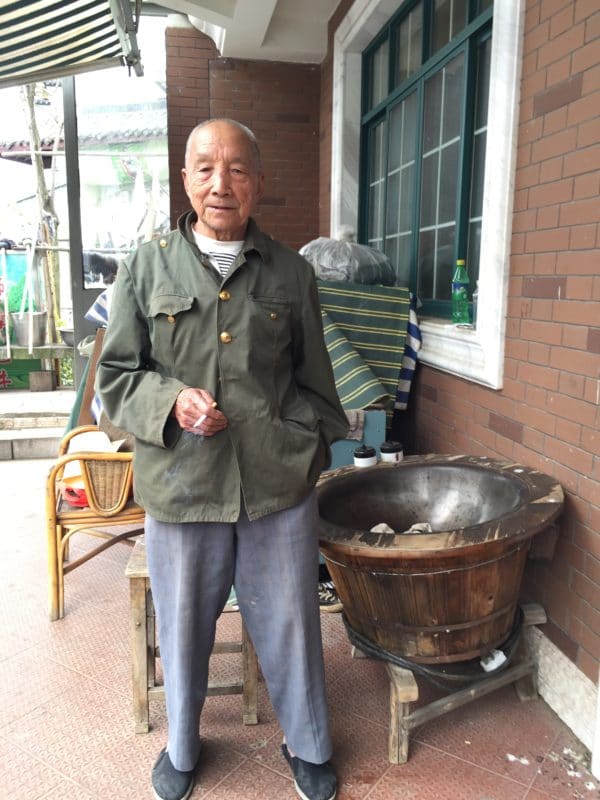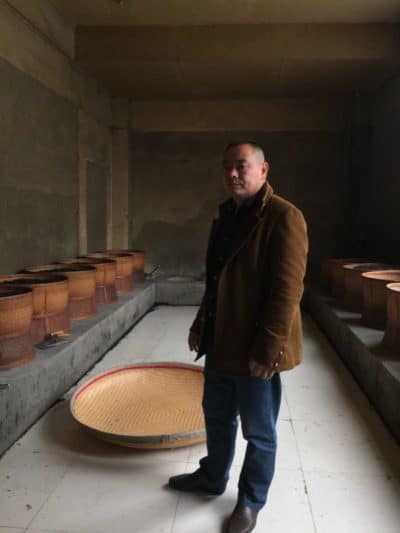Tea Maker as a Standard For Specialty Tea
This post is part of a continuing series of writings by Seven Cups founder, Austin Hodge, for the International Specialty Tea Association. The aim of this series is to detail twelve elements that can be used to authenticate and value specialty tea. The previous post on the impact of the genetics of the tea bush can be found here.

Element 7 – Tea Maker
Tea making is difficult and skilled work. So it follows that some tea makers are better than others, and variations between the products of two tea makers, even within the same factory, can be dramatic. This is because tea manufacture, especially when performed with traditional methods, involves tacit knowledge and trained senses. A tea maker decides the moment when leaves are properly withered, suitably oxidized, and dried to proper level for stability, for example.
In talking about tea makers, what we are talking about is a team of people who are organized by one participant, called a teamaster if you like, who supervises the whole creative process – possibly as far back as garden management, to tea-making, to packaging. This individual is exerting an enormous amount of effort to see that the product of these collective labors meets a specific vision – the same as a good wine maker, or even film director. Yet, today, the majority of tea makers are not identified, even amongst wholesalers who deal with origin directly.
 Having an element of specialty tea standards that recognizes a tea maker gives a platform for tea makers to build a reputation by doing good work and thus raises the value of their tea in the market. The difficult and often physically demanding work necessary in tea production does not easily attract new entrants unless compensation is good. In order for skills to be preserved, their practitioners must have livelihoods. Recognizing tea makers and rewarding the importance of their craft is a step towards this goal.
Having an element of specialty tea standards that recognizes a tea maker gives a platform for tea makers to build a reputation by doing good work and thus raises the value of their tea in the market. The difficult and often physically demanding work necessary in tea production does not easily attract new entrants unless compensation is good. In order for skills to be preserved, their practitioners must have livelihoods. Recognizing tea makers and rewarding the importance of their craft is a step towards this goal.
Making a tea is certainly a team effort that requires many skilled workers to accomplish a finished tea, the tea maker that we are referring to is the director of all of these skilled artisans. It is a common error to think of the farmer as the tea maker. This is, however, rarely the case, especially in China, where there are 5 million growers as opposed to hundreds of thousand tea makers. It is not to say that farmers can’t make tea, just like grape growers can usually make wine for themselves. To develop the mastery of tea making is a very different skill set than tea growing.
There is like to be some controversy in deciding the actual tea maker, when a company might claim the title of tea maker even though the owner may have nothing to do with the actual tea making. My bias is for the actual tea maker be named, but certainly there will be plenty of discussion about this element going forward, and plenty of people that will not want to reveal the information period, as has traditionally been the case.
